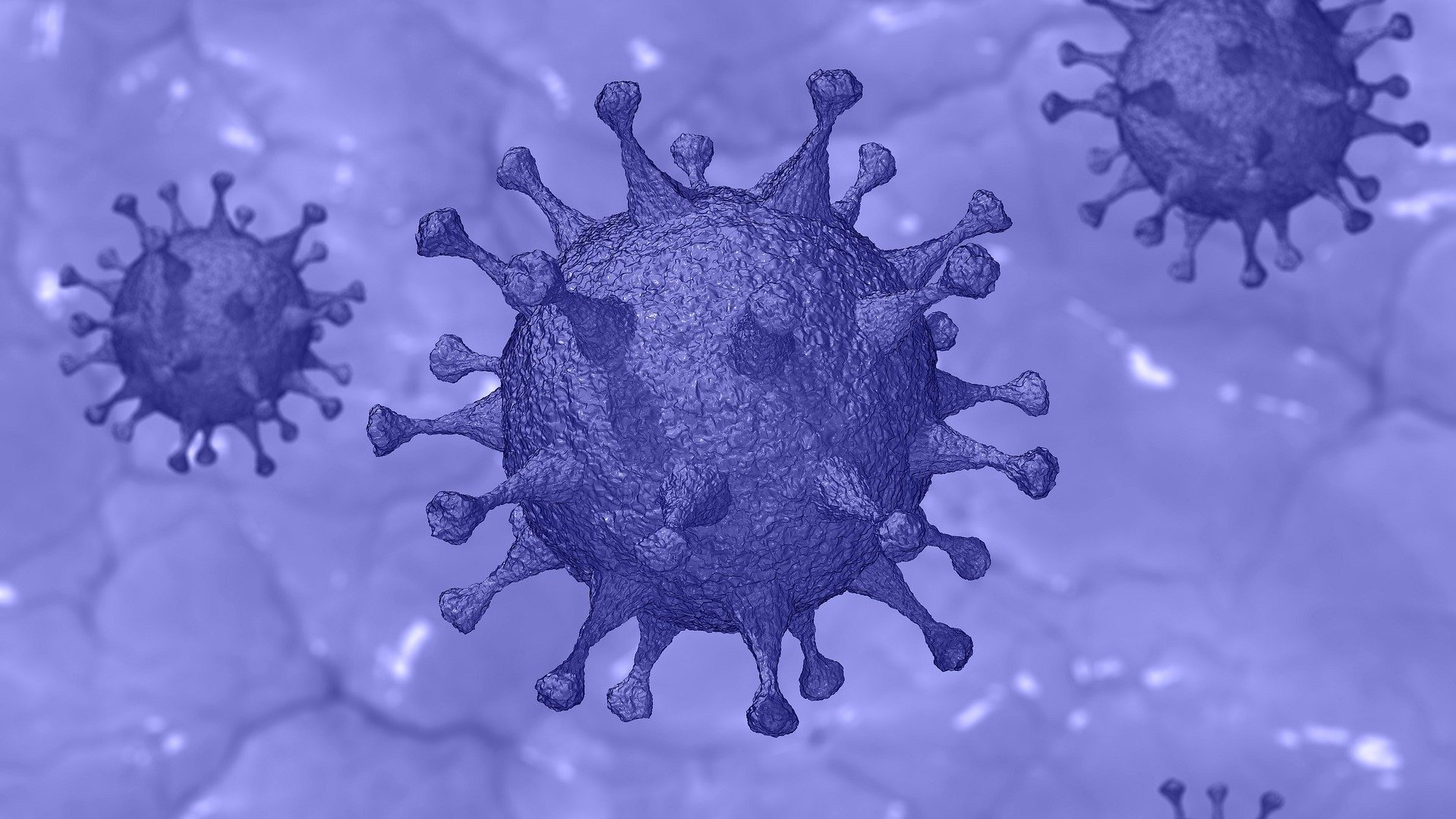
The alarming levels of spread and COVID-19 led the World Health Organization (WHO) to declare it a pandemic outbreak. During March 2020, Italy was one of the most affected countries in the world. The European Space Agency (ESA) then launched the funding initiative “Space in response to COVID-19 outbreak”, in collaboration with the Italian Space Agency (ASI) and Italian ministries. A webinar held on Wednesday 12th January showcased the outcomes of some of the projects started under this initiative.
The funding call was co-funded by ASI for €10 million to support the best projects and received an extraordinary response. More than 120 outline proposals were received, out of which 24 projects were implemented. Companies from 16 countries responded to the call. The projects were conceived not only to address the unprecedented challenges caused by the COVID-19 pandemic but to also improve preparedness for future outbreaks. The Final Presentation Day hosted by ASI was opened by Elodie Viau, Director of Telecommunications and Integrated Applications (TIA) at ESA, with representatives from the Italian Ministry for Technological Innovation and Digital Transition, and the Italian Ministry for Education. This was followed by final presentations of six of the 24 implemented projects, which focused on addressing key challenges in the healthcare and education sectors.
“The global health emergency has highlighted the importance of digital technologies and data to support our daily lives and manage the outbreak of COVID-19. I am happy to see how these projects have allowed local authorities, medical personnel and communities at large to reduce the risk of spreading the virus,” stated Dario Malerba, Technical Innovation Project Manager, Department for Digital Transformation (Ministry for Technological Innovation and Digitalisation). The three health-related projects presented at the Final Presentation Day included:
- EPICO-19: a web application supporting public health technicians and decision makers in managing the COVID-19 outbreak, allowing them to predict the spread of the outbreak in terms of cases, hospitalisations, deaths etc., based on a machine learning engine. The EPICO-19 system was tested during the Pilot in the Reggio Emilia province, the most affected one by the COVID-19 in Emilia Romagna, thanks to the end user Reggio Emilia Health Authority. The Authority provides healthcare and public health services to the 42 Municipalities of the Reggio Emilia province, with a population of 535 000 inhabitants.
- CO.DE-19: an automated delivery service allowing the user, intended as a hospital organisation, to manage more risky medicines for which fewer personnel are involved hence the lower the risks of contamination of COVID-19. A high precision, multi-constellation GNSS receiver is set on board of the drone. The project has been completed with the collection of feedback from the medical staff of the Spedali Civili of Brescia, pilot user of the service. The personnel expressed satisfaction and added value in doing their daily tasks more efficiently and safely.
- SATWORK: this service utilises a mobile vehicle equipped with medical equipment and telemedicine capabilities, implementing screening activities to detect who is infected with COVID-19 in industrial areas or in small communities so to ensure business continuity. The ability to detect the virus early became one of the most crucial elements in slowing the global pandemic. SATWORK relies on the utilisation of several space assets, namely satellite communications and satellite navigation, specifically the Galileo Global Navigation Satellite System (GNSS).
In addition to the theme of healthcare, the funding call also invited projects to submit applications related to education. “I am happy to see how these projects have used the topic of space to inspire children during the pandemic”, commented Elisa Pintus, Deputy Head of Cabinet of the Minister for Education. “The effects of this global emergency are especially felt in children and may result in heightened feelings of anxiety and worry, as well as isolation. The possibilities of e-learning, remote provision of training and education for teachers and students, as well as social ‘virtual’ interaction to engage pupils have proven to be great ways to support children during the most difficult periods of the pandemic.” The three education-related projects presented included:
- Space for Children: an innovative medical edutainment experience, based on Interactive Reality solution and playable by smartphones and tablets with iOS and Android operating systems. Through interactive mini-stories, Space for Children allows young users to acquire fundamental information about the difficult context in which they find themselves (coronavirus outbreak), during their isolation time (for quarantine restriction) in a healthy and educative way, by interacting through an engaging and entertaining storytelling with the protagonists and their stories.
- DreamCoder 2.0: a browser-based platform, which aims to train tomorrow’s future space explorers (e.g. schools and individuals) with a capacity building tool including a Python Code Editor interacting with a ground-based board mirrored on the International Space Station (ISS).
- Space Edu Park: this interactive platform offers teachers, students, and headmasters an innovative and gamified e-learning framework based on space assets and augmented & virtual reality experiences.
“I am always inspired and energised hearing the passion of the companies that we support. Today was a treat, with six of the 24 projects from the ‘Space in Response to the COVID-19 Outbreak in Italy’ cohort,” added Nick Appleyard, Head of ESA Space Solutions. “We are grateful for the strong support of the Italian Government’s ministries and ASI, without which we at ESA would not have been able to mobilise this help for both doctors and children.”
“Future initiatives, to be pursued in the context of the ARTES programme as well as the ESA accelerators will showcase even more broadly the role that connectivity and digital technologies will play in key sectors like mobility, sustainable infrastructures and education, contributing to a resilient, inclusive and sustainable society,” concluded Elodie Viau, Director of TIA at ESA.


